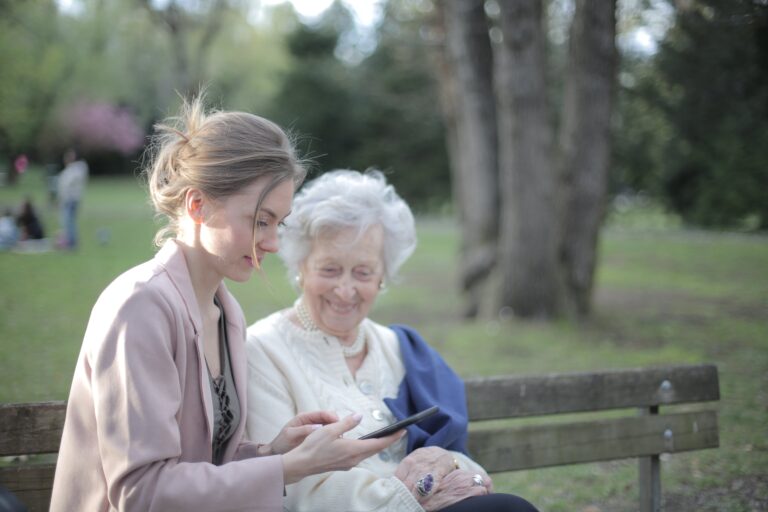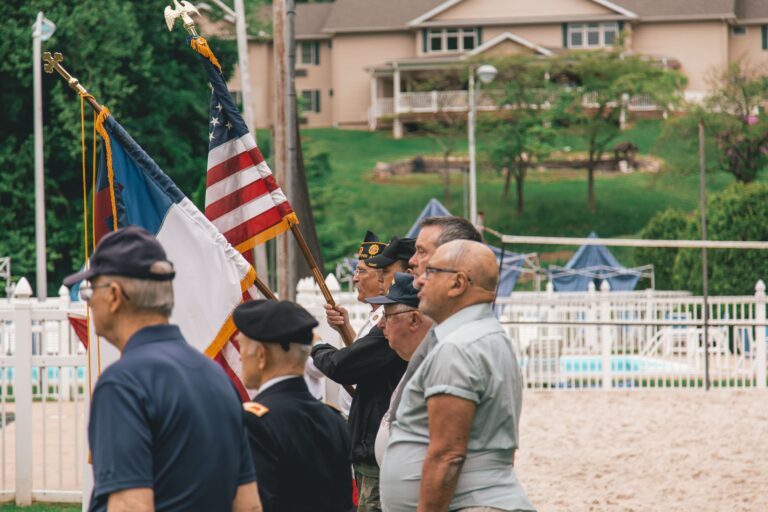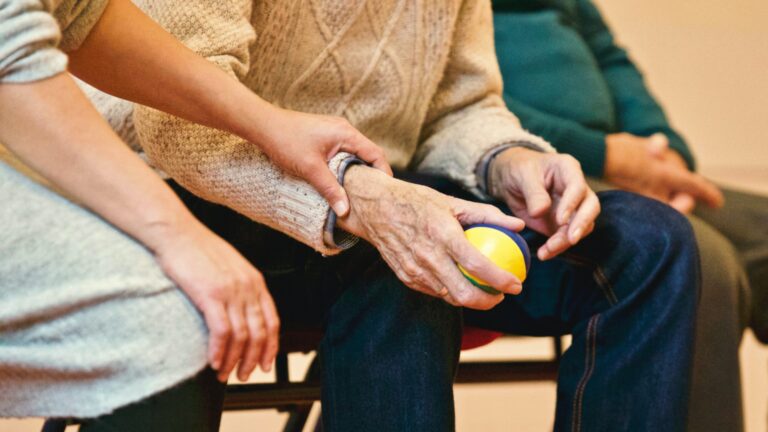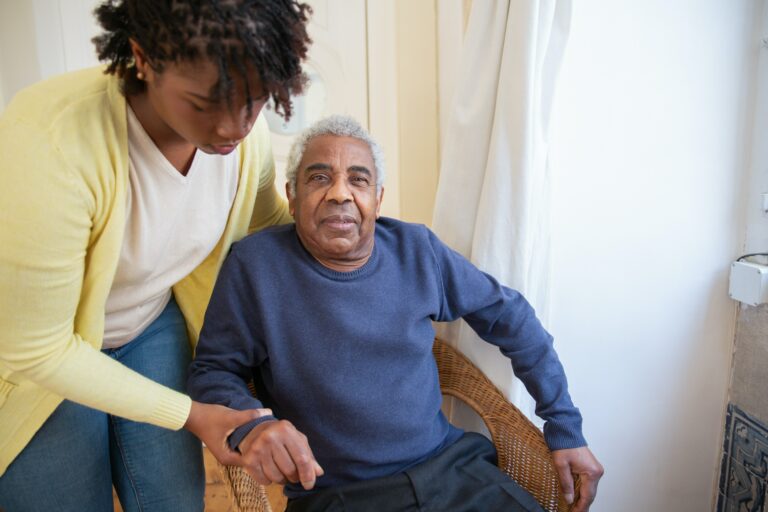
Estate Planning Strategies to Care for Aging Parents
Our parents are pillars of support along our journey through life, guiding us through the ups and downs with unwavering love and care. As our parents age gracefully, we can choose estate planning strategies that support them along their journey to retirement and beyond. These strategies address long-term care and living arrangements for our parents’ well-being and peace of mind. We explore why caring for aging parents in estate planning is necessary to preserve their dignity, security and legacy.
Comprehensive Estate Planning Strategies to Care for Aging Parents
Modern estate planning goes beyond wealth protection to create a roadmap for the future. It encompasses health care decisions, financial management and a delicate balance between independence and security. Kiplinger’s article, “Estate Planning for Your Aging Parents: A Delicate Balance,” helps us discuss estate planning strategies to care for aging parents. An estate plan with these strategies provides clarity and guidance to loved ones on aging parents’ wishes, while retaining control for aging parents over financial and health-related matters.
Estate Planning for Aging Parents – How to Balance Independence and Care
Balancing a parent’s independence and care as they age is challenging. Declining cognition and physical health increase the need for legally documented healthcare wishes and appointed representatives to manage financial affairs.
Aging adults value autonomy and may be reluctant to relinquish control over their daily lives. Open and honest communication is the key to finding this balance. Conversations should be encouraged about medical wishes and future goals with an aging parent or parents. An estate plan can then be created that honors their decisions.
Consider how a trust can protect a parent’s wealth, with a trustee overseeing their estate’s administration and asset distribution. A will is another vital estate-planning component, naming beneficiaries to simplify the distribution of assets after a parent passes away.
Plan for long-term care and Medicaid. An irrevocable trust can preserve your parents’ assets during Medicaid approval, while income-producing investments supplement their income.
Incapacity Planning to Respect an Aging Parent’s Health Care Preferences
As parents age, their healthcare needs may become more complex, necessitating careful planning for incapacity. Advanced directives and health care proxies empower parents to designate trusted individuals to make medical decisions, ensuring that their preferences for medical treatments and end-of-life care are honored with dignity and respect.
Tax Planning: Minimizing Burdens for Heirs
Tax planning is another central element in a comprehensive estate plan. Aging parents passing their wealth to the next generation look for ways to minimize the tax burden on their beneficiaries. Gifting, establishing trusts and utilizing tax-advantaged accounts can reduce taxes, maximize inheritance and transfer their wealth more efficiently.
Key Takeaways:
- Aging Parents: We can choose estate planning strategies that support aging parents in their journey to retirement and beyond.
- Balance Independence and Care: Encourage conversations about medical wishes and future goals with an aging parent or parents. An estate plan can then be created that honors their decisions.
- Incapacity Planning: Advanced directives and health care proxies empower parents to designate trusted individuals to make medical decisions,
- Tax Planning: Gifting, establishing trusts and utilizing tax-advantaged accounts can reduce taxes, maximize inheritance and transfer their wealth more efficiently.
Conclusion
Caring for aging parents in estate planning is practical and necessary. It is also a profound expression of love and gratitude. Embracing this responsibility with compassion, empathy and diligence helps our parents navigate this stage of life with dignity, security and peace of mind.
If you’re ready to embark on this estate planning journey for your aging parents, our experienced legal team guides you every step of the way. Contact us today to learn more and confidently start planning.
Reference: Kiplinger (February 2024) “Estate Planning for Your Aging Parents: A Delicate Balance.”





